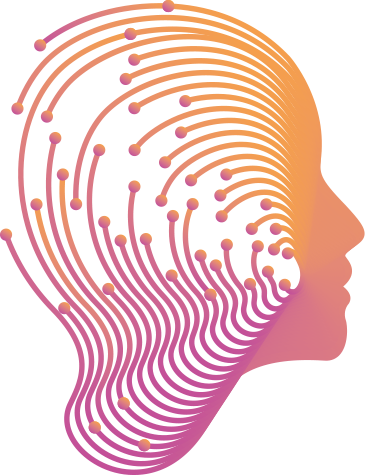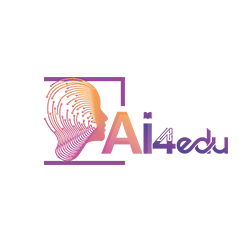AI4EDU implementation and evaluation procedures are expected to increase our knowledge on the societal, economic, geographical, gender or other parameters that affect the inclusive and equitable AI deployment in education.
Moreover, implications on ethics, security and transparency that the AI adoption in education brings about will also be highlighted.
These project results are expected to have an important impact for the educational ecosystem as a whole, since they will develop knowledge to support evidence-based education policy that will be aware of the AI adoption implications and will plan necessary system-level changes to promote AI effective integration.
Policy guidelines addressed to stakeholders and policymakers will be an output of AI4EDU expected to maximise project’s impact at policy level, focusing on specific system-level needs and policy actions to safeguard the transparent, ethical and equitable deployment of AI in education.
At the European level, AI4EDU can contribute to the development of a common AI strategy for education that promotes equity of opportunity, innovation, sustainability, and inclusivity. Such a strategy should prioritize investments in AI research and development, digital infrastructure, and human capacity building, while also addressing ethical, legal, and social challenges associated with AI adoption in education.
Ultimately, the success of AI4EDU depends on the engagement and collaboration of all stakeholders in the educational ecosystem, including educators, learners, policymakers, researchers, and industry partners. By working together, we can ensure that AI is used to improve the quality and accessibility of education, and to promote social and economic development for all.




